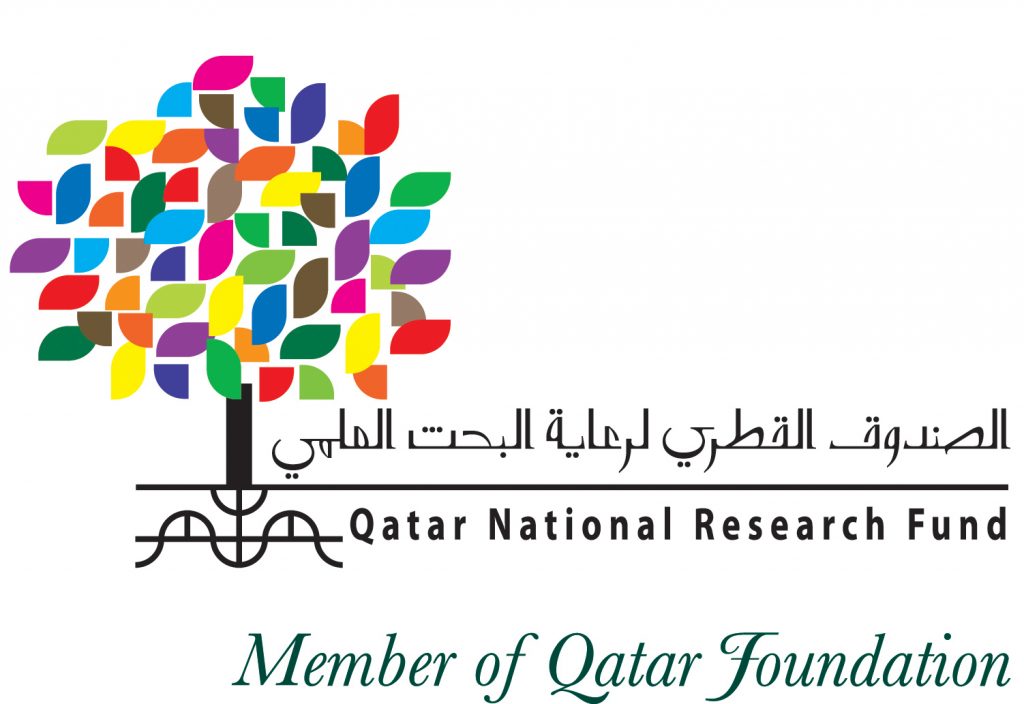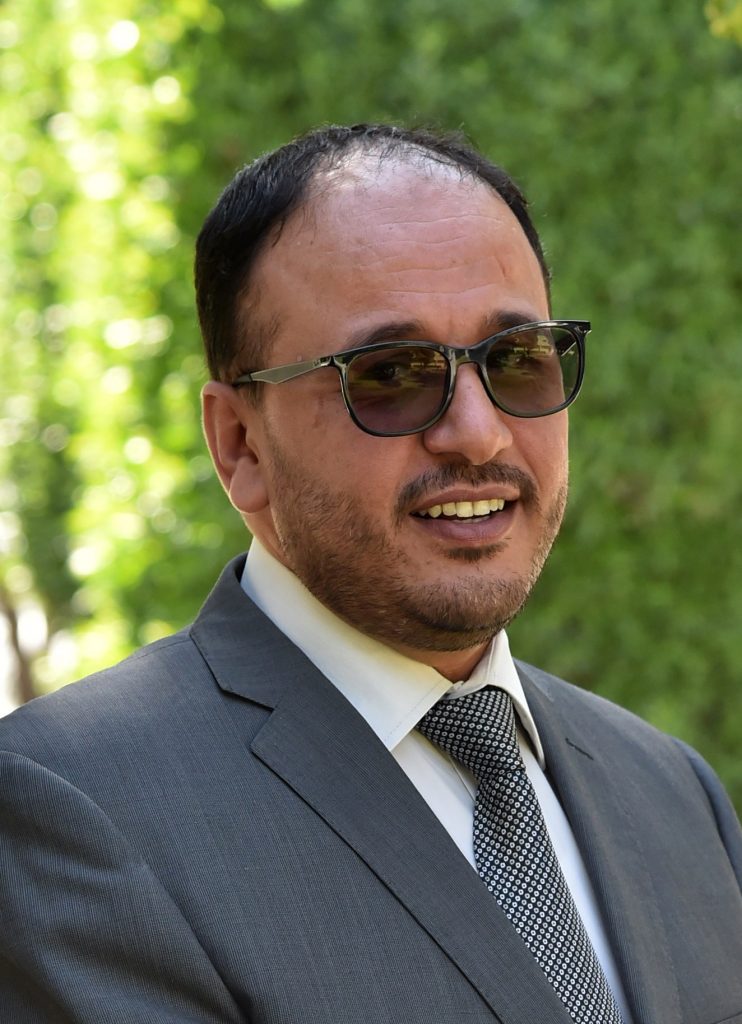
Two faculty members from out CSE department, Dr. Khaled Shaban and Dr. Khalid Abualsaud have been awarded two research grants as Qatar National Research Fund (QNRF) has announced the awardees for the 13th cycle of its flagship National Priorities Research Program-Standard track (NPRP-S). NPRP is the main funding program of QNRF that can help Qatar to address the grand challenges outlined in the Qatar National Research Strategy. QNRF awarded 75 projects from 10 institutions across Qatar in this cycle. The awarded projects focus on proposing innovative solutions to challenges faced in 4 priority areas, which are energy and environment, biomedical and health, computer science and ICT, and social sciences, arts, and humanities.
Two of the awarded projects in this cycle were led by two faculty members from Computer Science and Engineering (CSE) department in Qatar University (QU). The first project is led Dr. Khaled Shaban and titled “MURASALAT: Multi-dialect Arabic Understanding Models for Empathy-based Negotiating Chatbot and Question Answering”.

The project addresses the challenges of developing an empathy-based negotiating chatbot and question/answer system. The key benefit of the developed system is that it can be configured for various applications and functionalities including, but not limited to 1) detecting users’ satisfaction with services a company provides and conducting automated customer service, and 2) answering questions related to a specific predefined topic. The research aims to build one engine to serve these functionalities, make the engine fast, accurate and robust to respond to input, where the input can either be modern standard Arabic text or dialectal Arabic with focus on Gulf, Egyptian, and Levantine dialects. The proposed system technically accommodates many business models, making the developed resources and models ready for use by researchers, industry ventures, and normal users. The project is co-funded by Qatar Mobility Innovations Center which will help in steering the project, supporting the development and evaluation of the developed models, and the pilot system.
The second project is led by Dr. Khalid Abualsaud and titled: “Privacy-Preserving Health Monitoring System Using AI and Non-Intrusive Smart Sensors”.

The project aims to introduce a type of magnetic IoT sensor, which can non-intrusively measure the heart-induced magnetic field. Such magnetic sensors have intrinsic noise, which existing signal processing algorithms cannot process easily. Therefore, the project’s team proposes an AI model to process the noise and convert the magnetic reading to corresponding ECG, which doctors can easily interpret. Additionally, the project’s team proposes non-intrusive smart sensors for ECG monitoring. The ECG signal is used to train a local AI model in the user-smartphone to make an early warning system of heart diseases such as arrhythmia. The early warning output can be further improved using federated learning without sharing the sensitive health data of the patients. By doing so, the privacy of the patients is preserved as well. Privacy incorporation will be made not only into the user-smartphones, referred to as edge devices, but also across the entire IoT system. The envisioned approach of this research project, thus, ranges from remote/home-monitoring to diagnosis, timely appointment, and treatment through accurate medical analytics, while ensuring that sensitive health data are not exposed to parties other than the responsible physicians or caregivers. This approach will realize a patient-centric system that monitors their heart conditions continuously yet non-intrusively. Thus, the project aims to construct a smart early warning system harnessing smart IoT sensors to perform continuous home-monitoring of ECG signals to enable physicians to make earlier and more timely interventions. The outcomes of the project are expected to deliver connected and privacy-preserving solutions supporting the delivery of early warning on cardiovascular anomalies at affordable cost.
